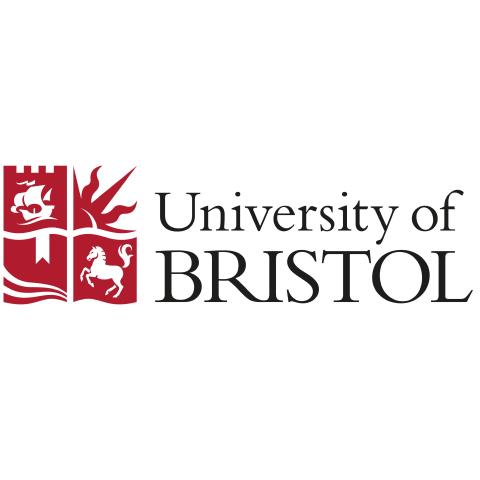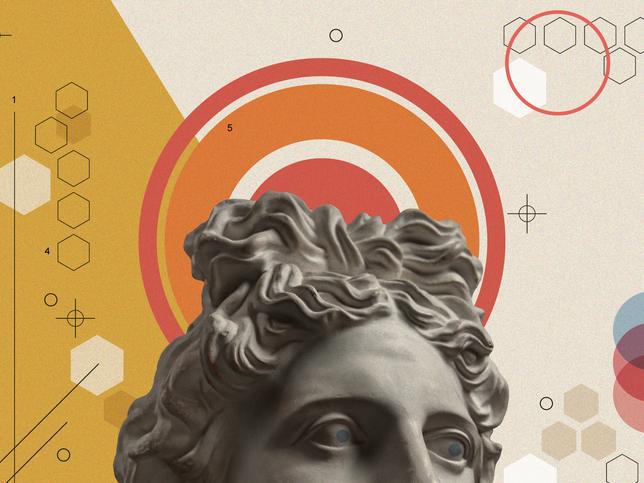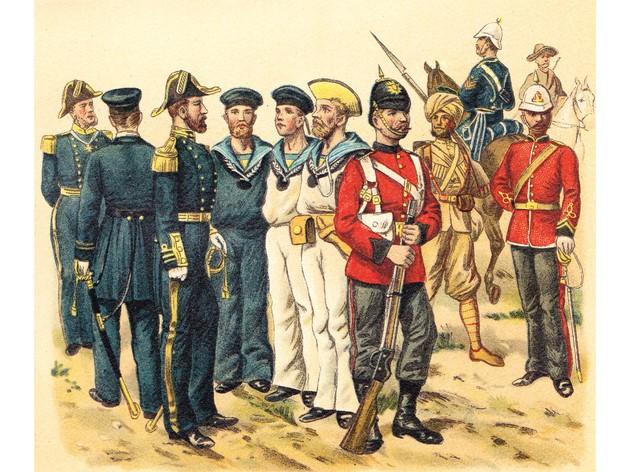
Power and possibility: the role of universities in decolonisation
You may also like
To date, decolonisation in UK higher education has been patchy, misunderstood and, in some cases, misused as institutions struggle to address the questions thrown up by it. Too often the conversation focuses too narrowly on historical events such as exploitative colonisation and the trade in enslaved Africans.
To move forward, we should engage more broadly with how the past can help us engage effectively in decolonisation and the present state of the world, especially in terms of racial injustice, global inequality and climate change. We need to rethink structures and temporal patterns of power through the lens of a history in which race and colonialism are deeply entangled with what we teach, research and practise. Only then can we craft better futures for all.
- How to support academic staff starting the journey of decolonising the curriculum
- Can there ever be a neat history of colonialism?
- Decolonising your learning resources: representation matters
Exploring how universities can respond
Although I come to this from the discipline of law, the approach to exploring some of the fundamental concepts of knowledge can easily be adapted and applied by anyone wanting to adopt decolonisation in their work. In my research I look at unsettling three foundational aspects – the body, space and time. I think of these conceptual issues as a cumulative lens to understand my discipline in the present as a product and producer of a particular history.
The body: knowledge in every human discipline is articulated in different ways around the idea of a standard ‘human’
I seek to excavate who law’s ideal human is and trace how it has developed through a history infused with hierarchies relating to race, gender, class, nationality, sexuality and so on, examining what that means for the “human” that is the subject of law. This is important if we are to understand who the discipline protects and works for. We see similar concepts in medicine, which often consider the white male body as standard and disadvantage the non-conforming body. The “reasonable person” in law works in a similar way.
Space: the articulation of the standard ‘human’ has embedded within it unequal rights to property ownership
The definition of the standard “human” was not extended to white women and all racialised peoples irrespective of gender. Thus, the dispossession of indigenous land was predicated on dislocation of indigenous people from the category “human”, and these ideas were also used to transform land from open space to a source of capital and political power. The creation of human hierarchies of value enabled the enclosure and commodification of land. One of the most significant outcomes of the “lawful” property-making of labour, land and nature is over-exploitation, which is now leading to endangerment of all life on earth.
Time: despite being legally banned, the effects of events such as colonisation and enslavement are carried into the future almost automatically through our legal knowledge systems
Thus, I argue that we live in present-continuous-colonial time. We tend to consider “historical” events and issues in past silos without thinking of their spatial and temporal eventualities. For instance, the label “developing countries” implies these states have progressed along a parallel linear trajectory, ignoring the process by which they were made into “developing countries” while colonisers and other nations became rich.
Making decolonisation personal, practical and provable
Decolonisation responds to the points above, seeking new ways of being in the world. In saying we are “decolonising our curriculum”, we are merely borrowing decolonisation’s framework. If we want to engage effectively, we must recognise the wider significance of our work. We need solutions that are personal, practical and provable.
- Personal: individual members of staff need to undertake their own research to familiarise themselves with theory in this area. This includes reading books and journals, but also attending conferences and presenting on decolonisation and race. Set up reading groups to share best practice. Set up your own conferences, such as the University of Bristol’s Forever Africa, which was introduced to open up the debate about decolonisation and intellectual pan-Africanism.
- Practical: try to introduce one change each year into your teaching based on the knowledge gained from the steps described above. In our department, this has led to entire new units, such as Law and Race and Rich Law Poor Law, and new long-essay topics. In addition to this, we have had new related topics introduced across the curriculum. Support for steps such as this in higher education will help accelerate the necessary change.
- Provable: rather than suggesting that we will teach an area better, an actual change must be made. All the steps above are provable. They can and should be assessed, evaluated and built on each year.
In essence, to “decolonise the curriculum”, we must work from where we are to reinvent the boundaries of possibility and build new flourishing worlds in which we all may thrive. This is what we owe our students and the world – a commitment to put into action work that goes beyond declarative statements of inclusivity and equality.
Foluke Adebisi’s book Decolonisation and Legal Knowledge: Reflections on Power and Possibility (Bristol University Press, 2023) provides an essential examination of the meanings of decolonisation and explores how this examination can inform teaching, research and the practice of law.
Foluke Ifejola Adebisi is an associate professor at the University of Bristol Law School.
If you would like advice and insight from academics and university staff delivered direct to your inbox each week, sign up for the Campus newsletter.




